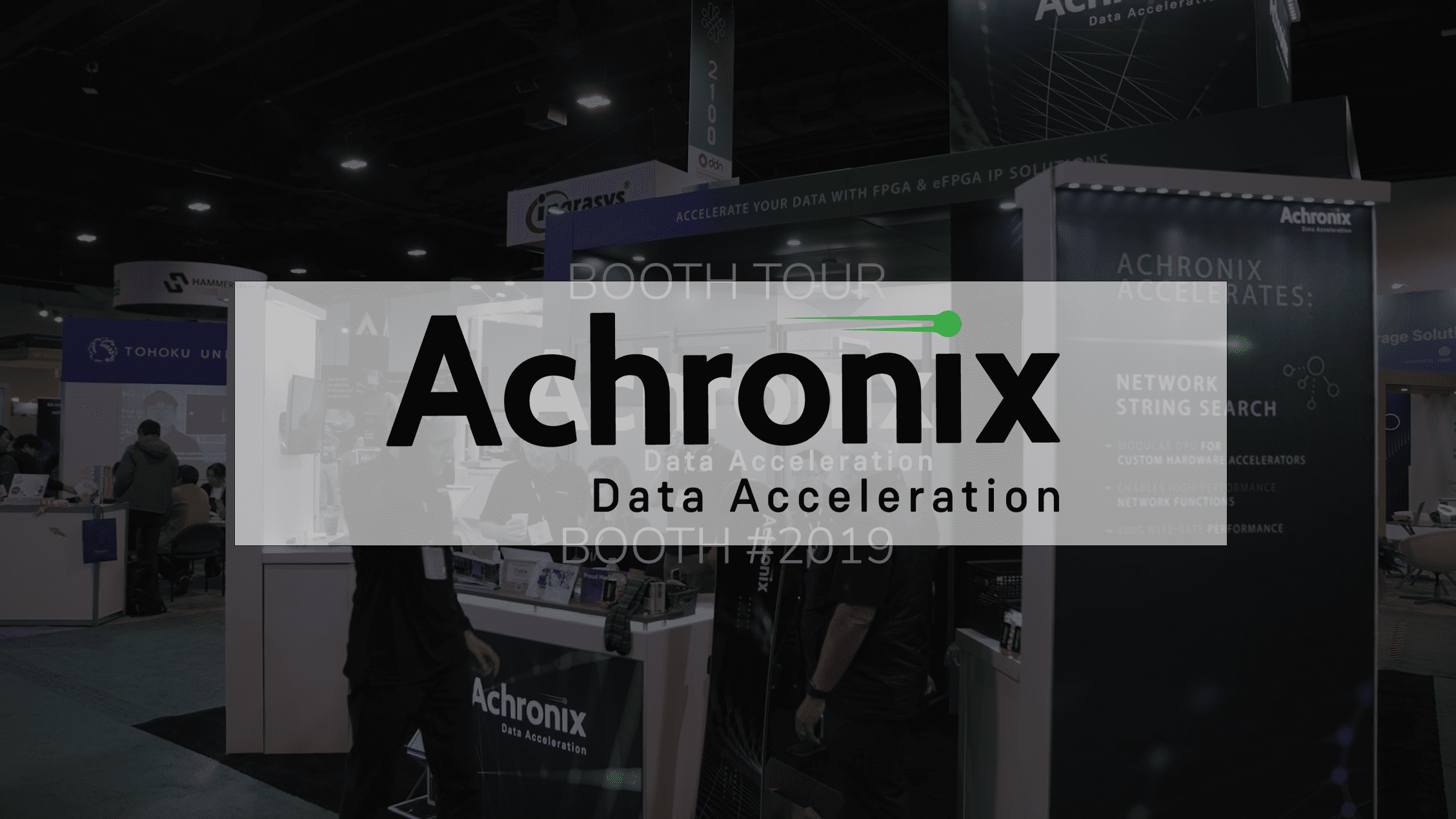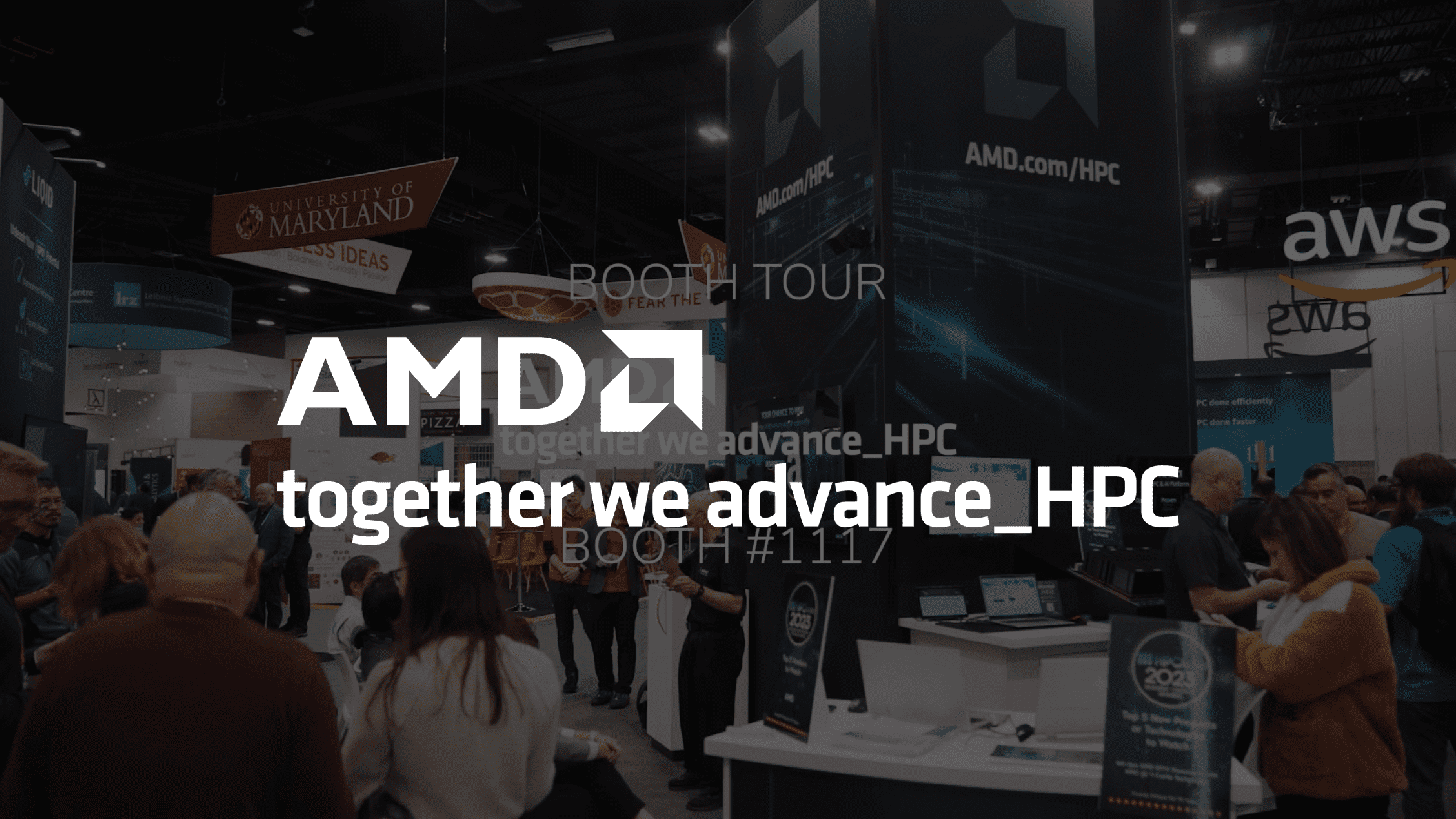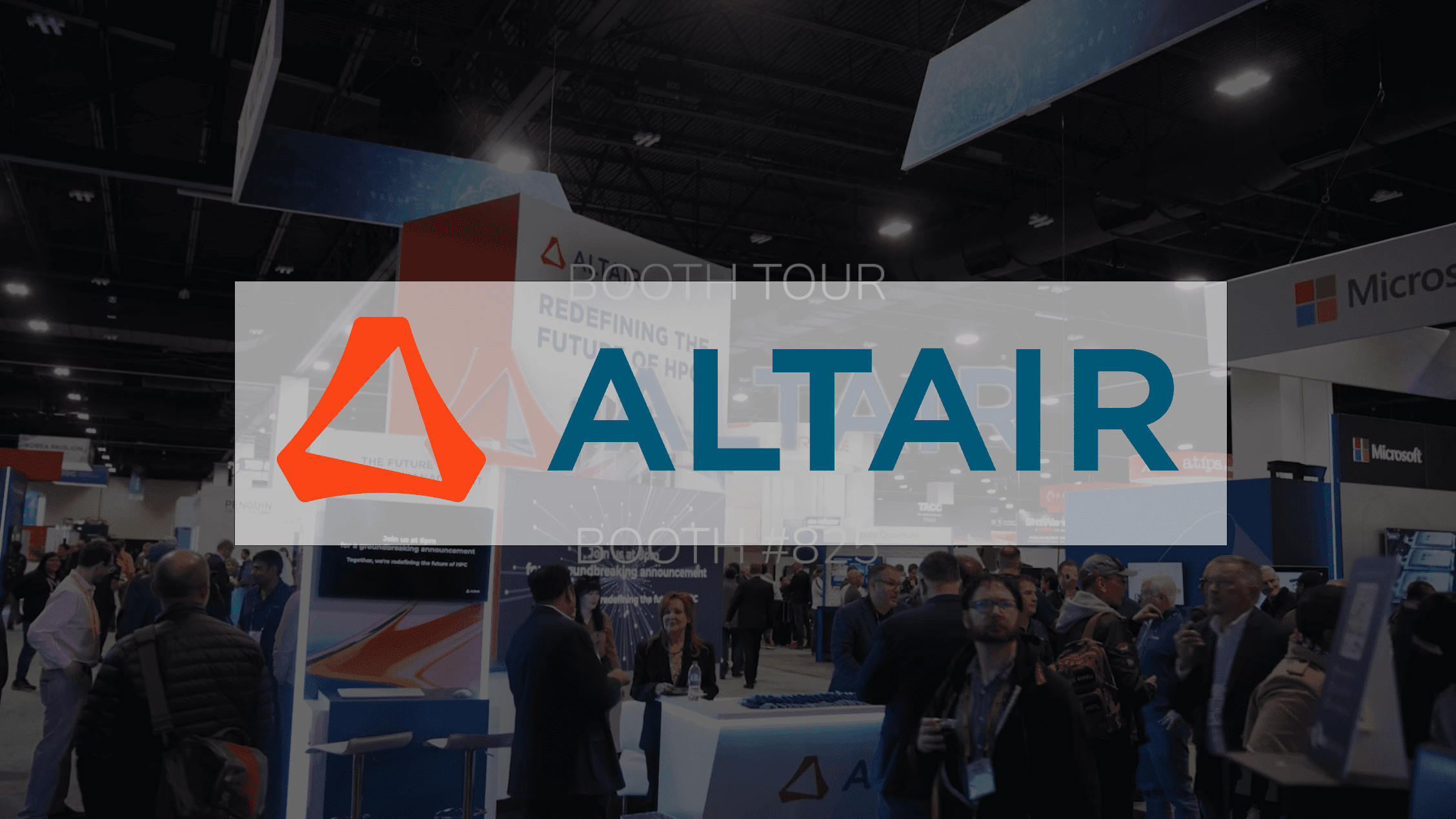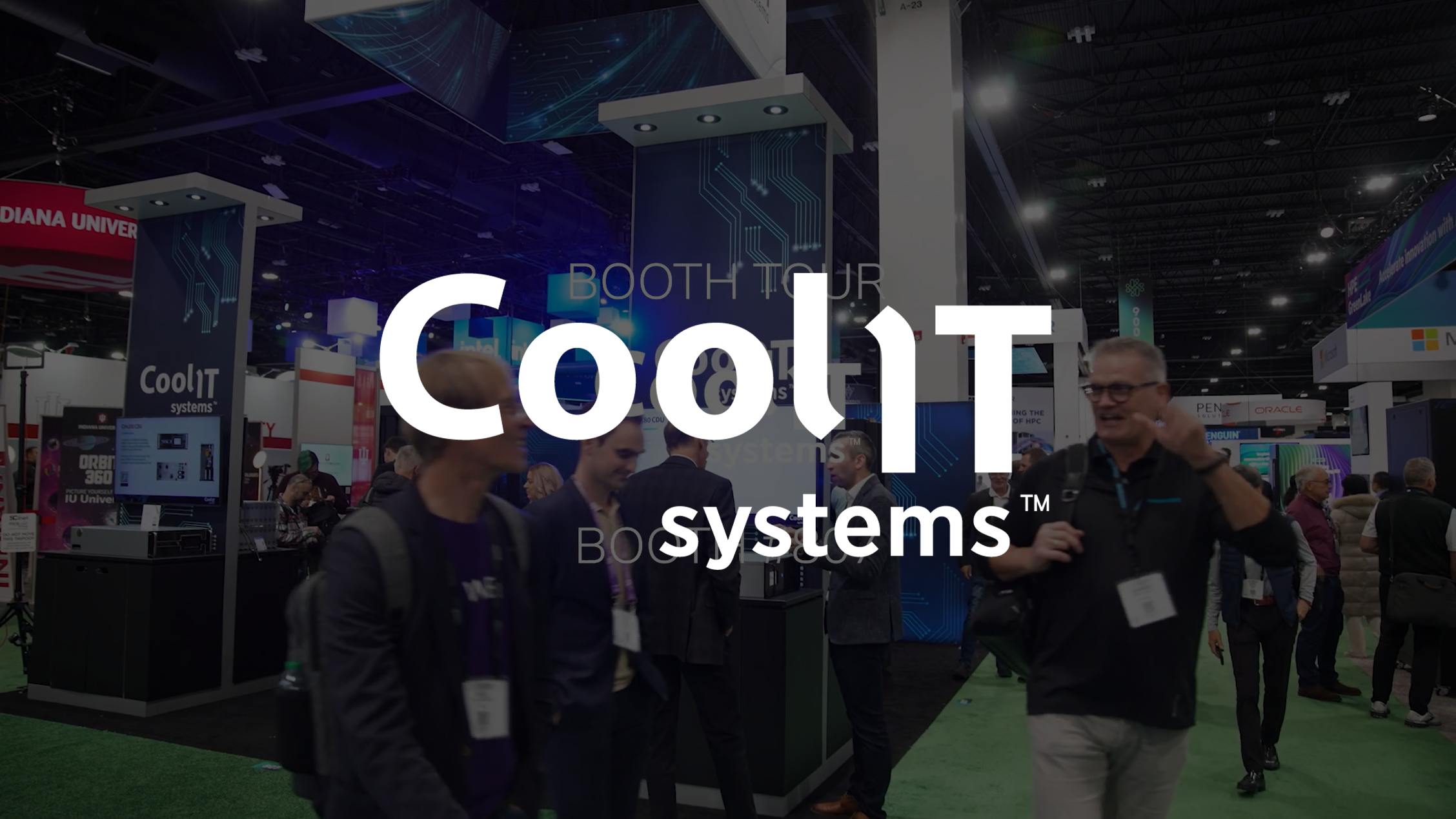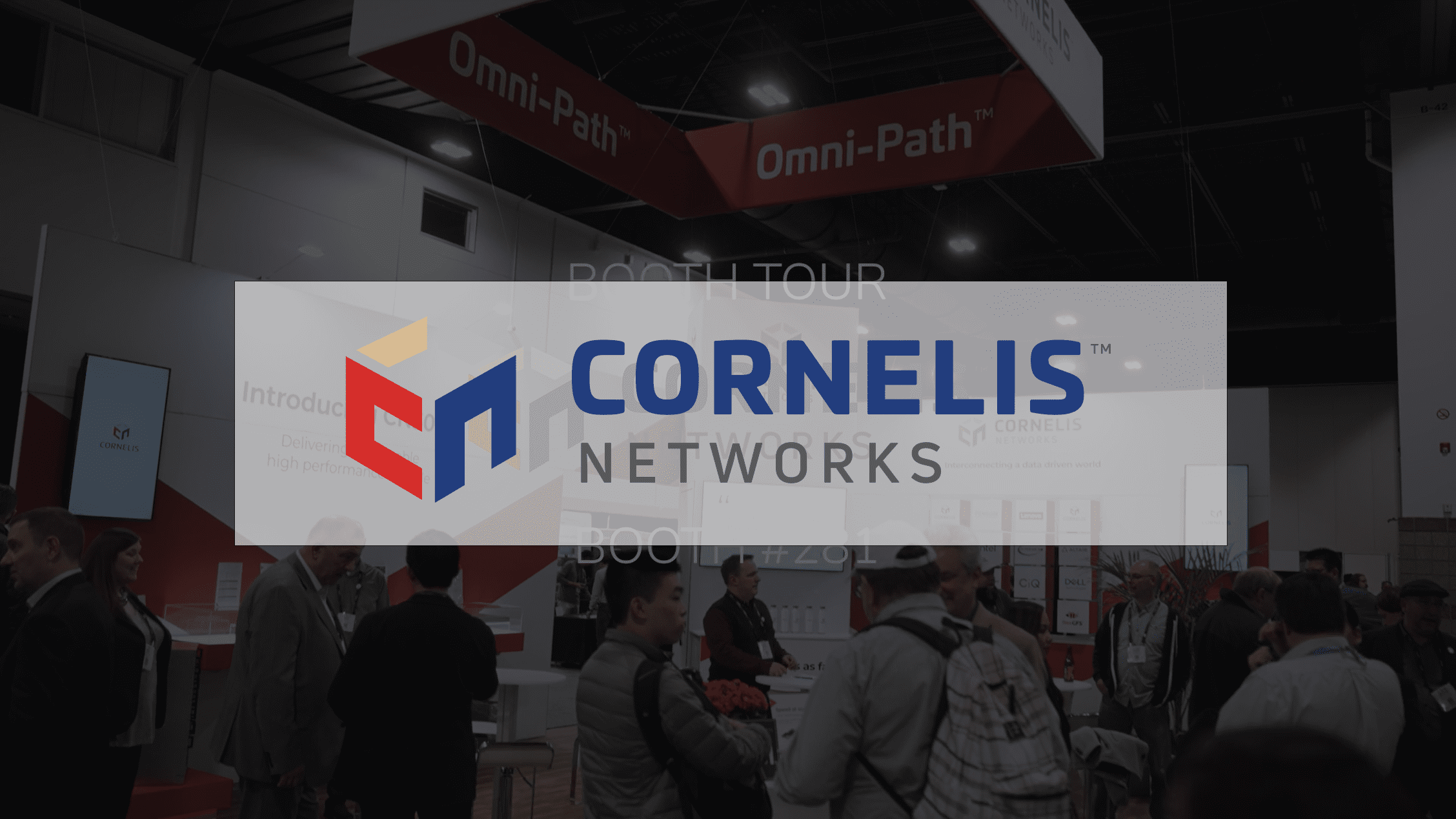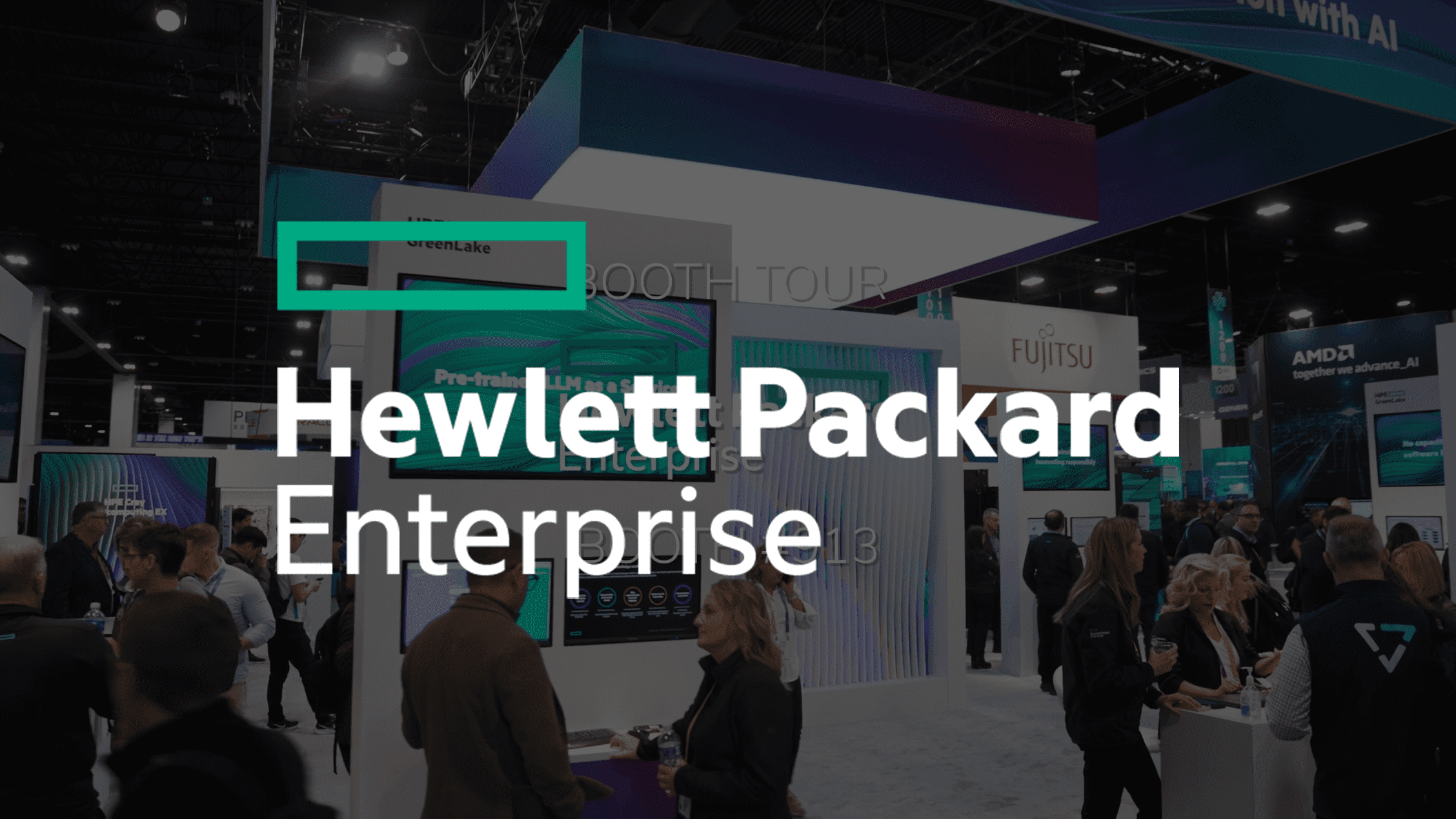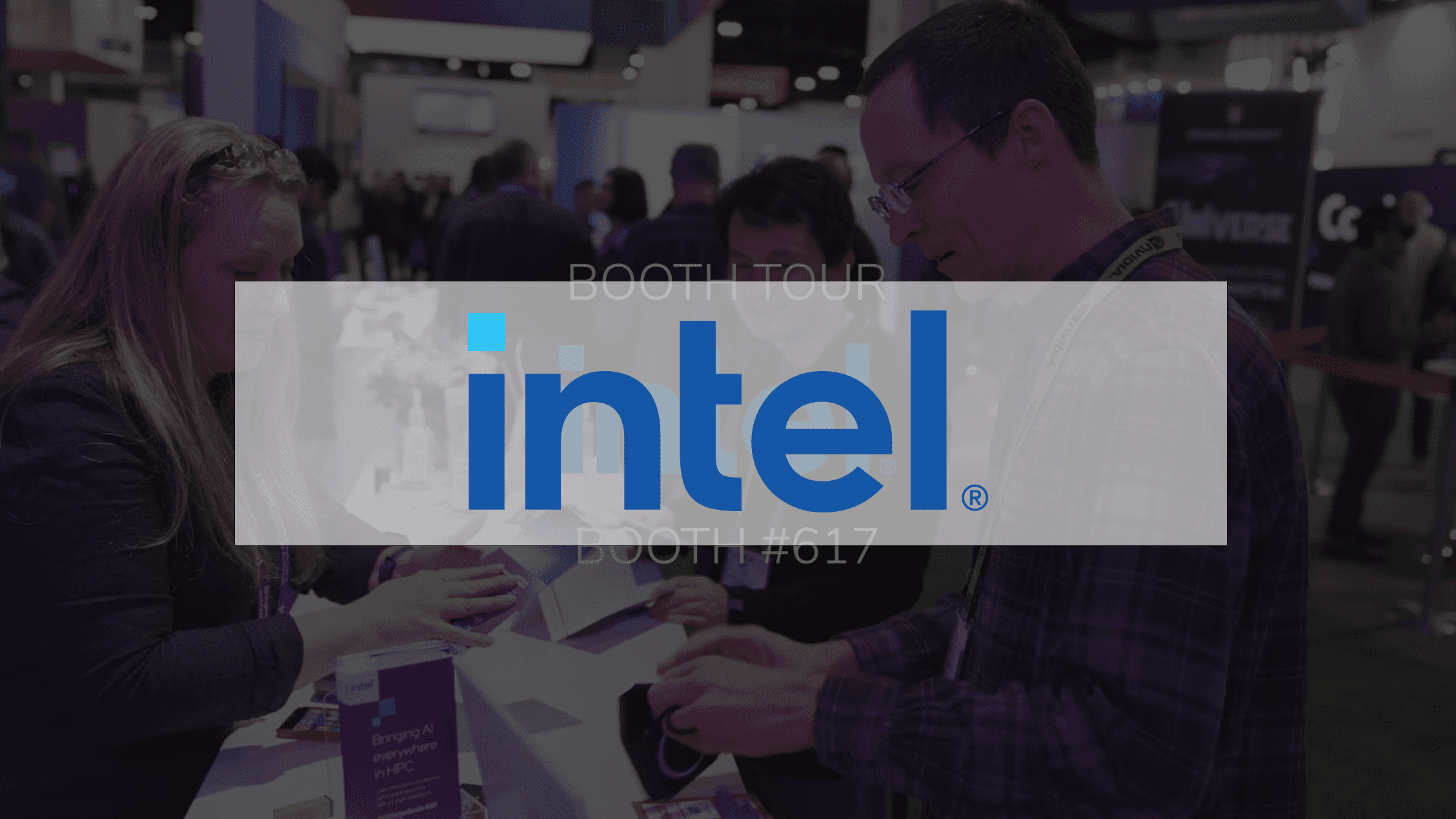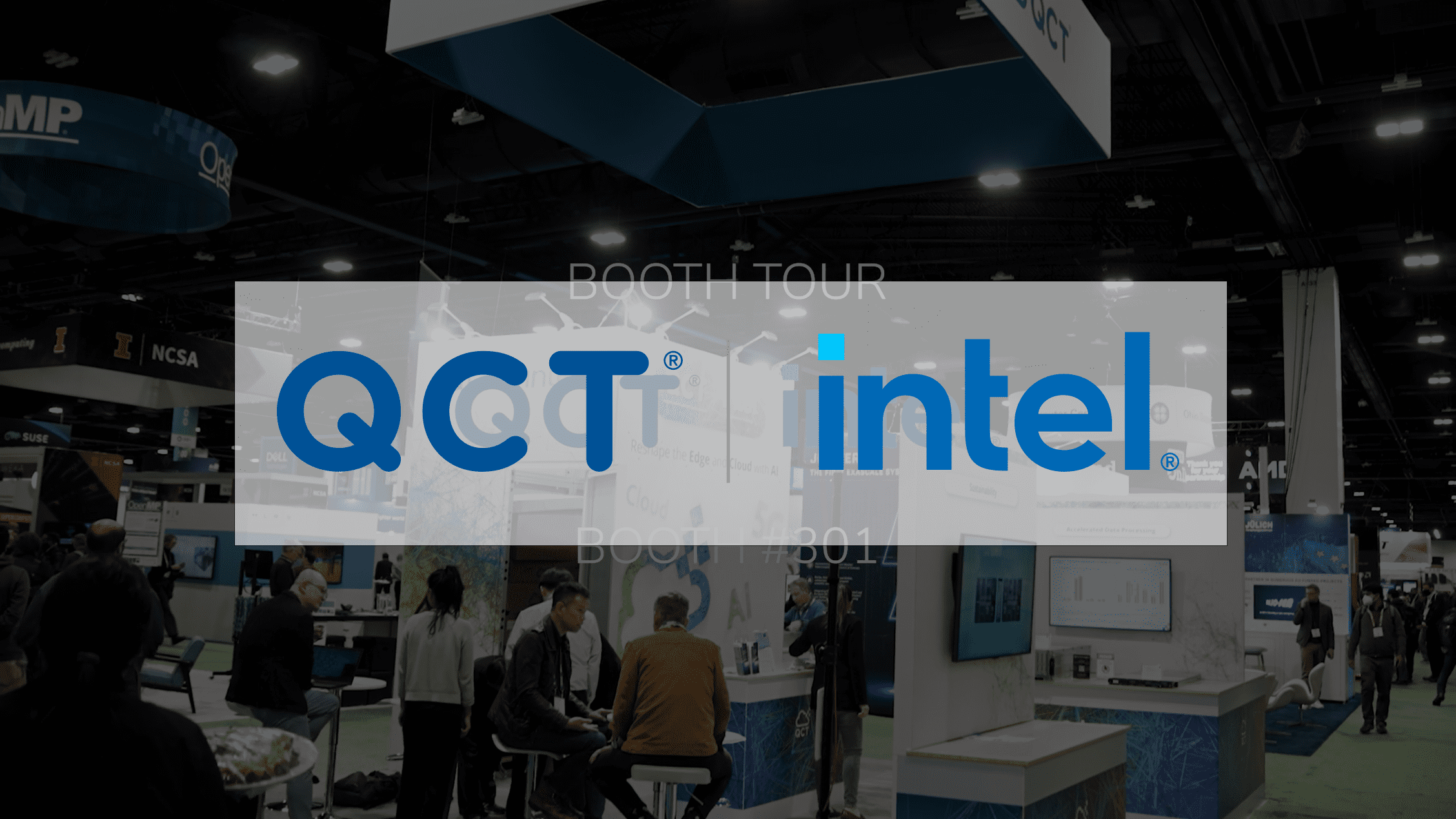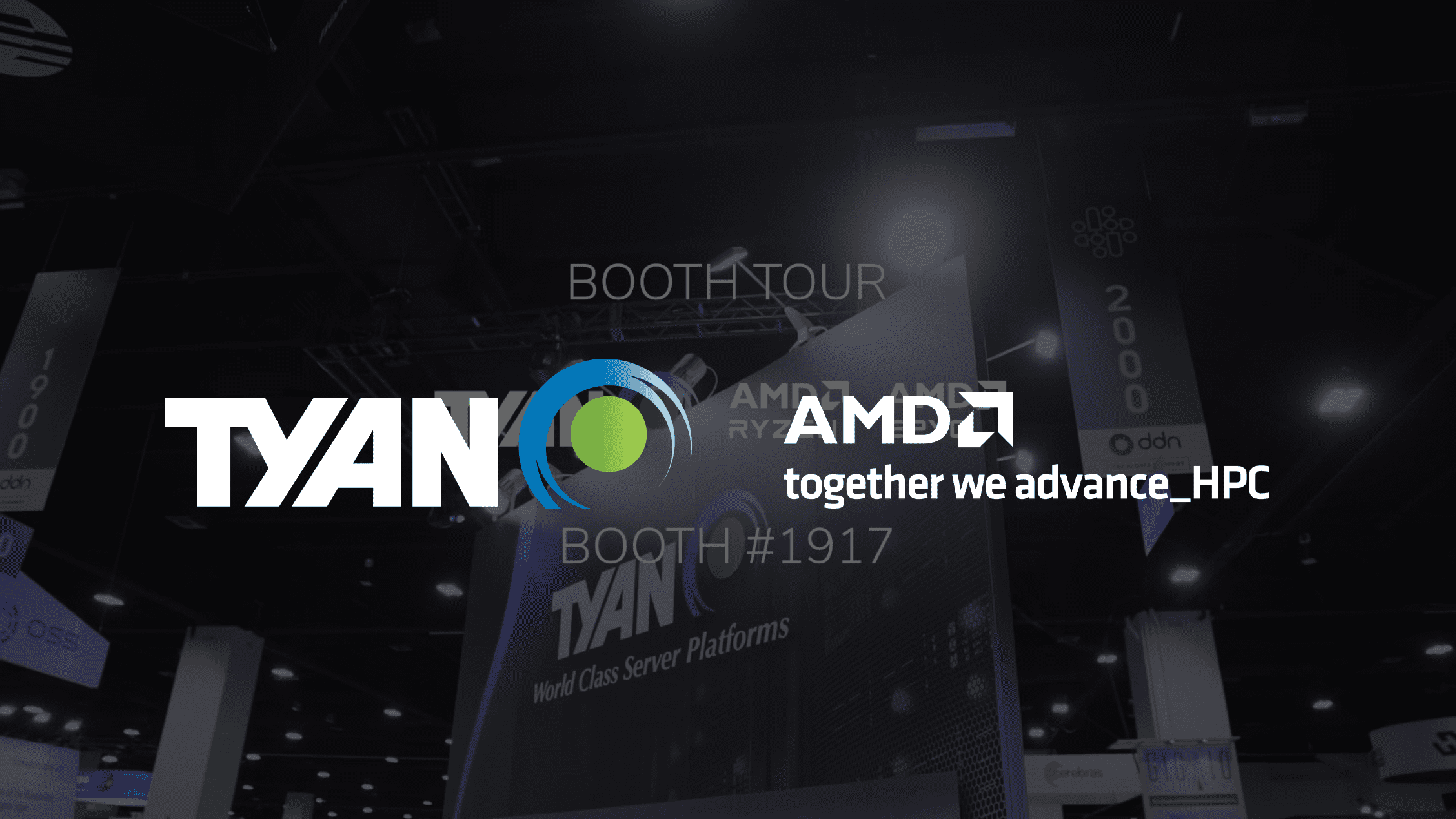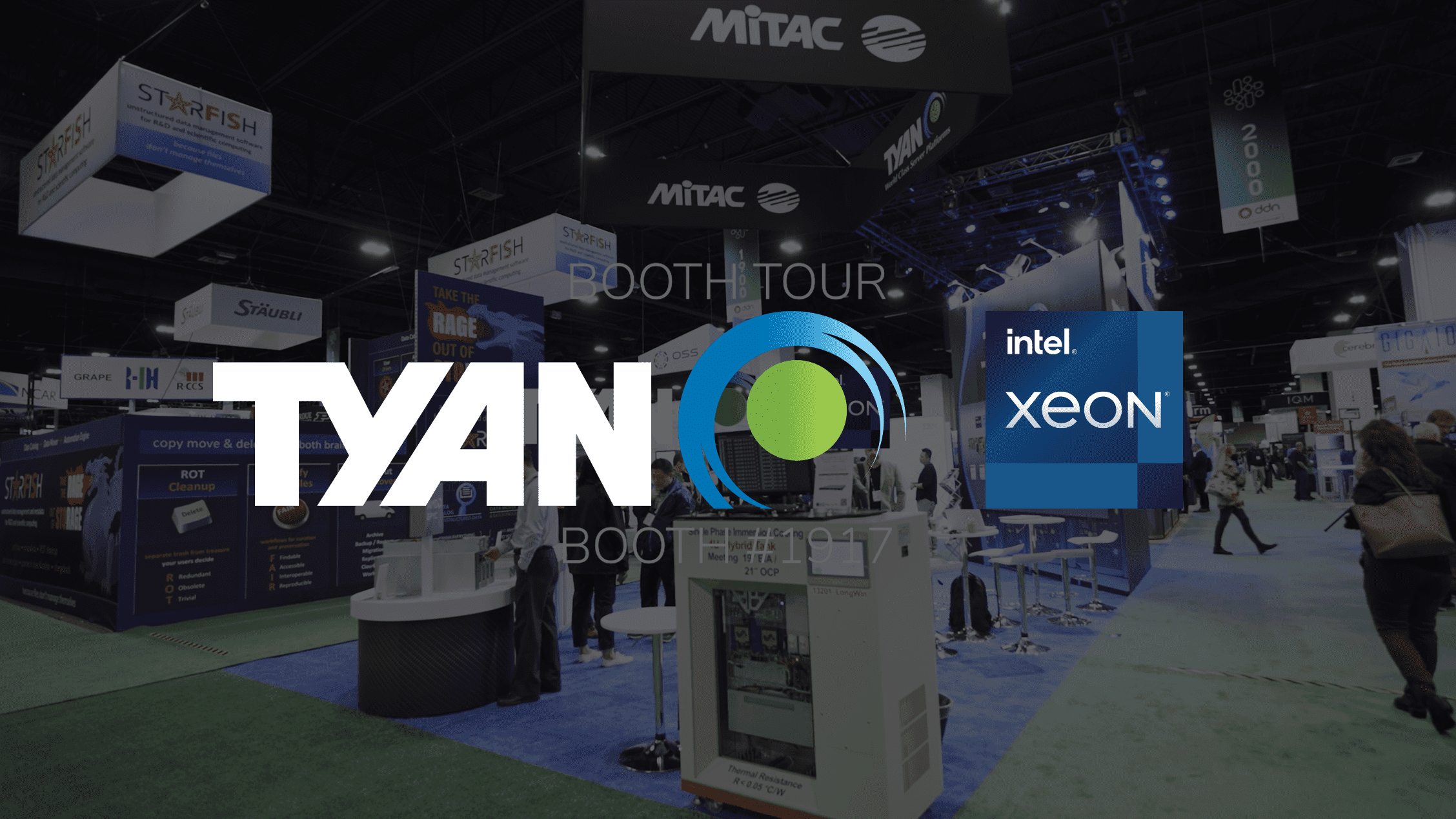


For the First Time, UCIe Shares Bandwidth Speeds Between Chiplets
The first numbers of the available bandwidth between chiplets is out – UCIe is estimating that chiplet packages could squeeze out communication speeds of 630Gbps, or 0.63Tbps, in a very tight a …

Intersect360: HPC Market ‘Returning to Stable Growth’
The folks at Intersect360 Research released their latest report and market update just ahead of ISC 2023, which was held in Hamburg, Germany, last week. The headline: “We’re returning to stab …

At ISC, Sustainable Computing Leaders Discuss HPC’s Energy Crossroads
In the wake of SC22 last year, HPCwire wrote that “the conference’s eyes had shifted to carbon emissions and energy intensity” rather than the historical emphasis on flops-per-watt and powe …

Closing ISC Keynote by Sterling and Suarez Looks Backward and Forward
May 25, 2023
ISC’s closing keynote this year was given jointly by a pair of distinguished HPC leaders, Thomas Sterling of Indiana University and Estela Suarez of Jülich S Read more…

The Grand Challenge of Simulating Nuclear Fusion: An Overview with UKAEA’s Rob Akers
May 25, 2023
As HPC and AI continue to rapidly advance, the alluring vision of nuclear fusion and its endless zero-carbon, low-radioactivity energy is the sparkle in many a Read more…
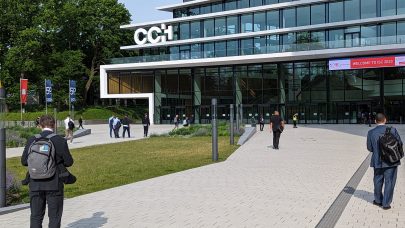
ISC Session Explores Ethics in AI and HPC in the Era of LLMs
May 23, 2023
Jay Lofstead from Sandia National Laboratories and Jakob Luettgau from the University of Tennessee gave a highly audience interactive session on Ethics in AI an Read more…

MareNostrum 5 Hits Speed Bumps; Iconic Chapel to Host Quantum Systems
May 23, 2023
MareNostrum 5, the next-generation supercomputer at the Barcelona Supercomputing Center (BSC) and one of EuroHPC’s flagship pre-exascale systems, has had a di Read more…

ISC Keynote: To Reinvent HPC After Moore’s Law, Follow the Money
May 23, 2023
This year’s International Supercomputing Conference (ISC) kicked off yesterday in Hamburg, Germany, with a keynote from Dan Reed, presidential professor at th Read more…
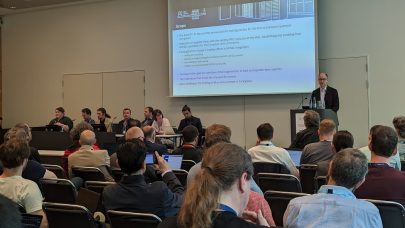
ISC BOF: Euro Quantum Community Tackles HPC-QC Integration, Broad User Access
May 23, 2023
Europe has clearly jumped into the global race to achieve practical quantum, though perhaps a step later (by a year or two) than the U.S. and China. Impressivel Read more…
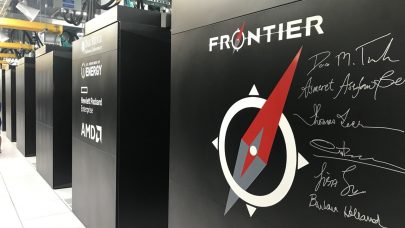
Exascale Frontier Supercomputer Has Passed Formal Acceptance: What That Means
May 22, 2023
Fresh off their third Top500 win for Frontier – now with an 8.4% higher Linpack score – the HPC team at Oak Ridge National Laboratory had some exciting news to share today. Frontier has passed its acceptance and is taking on grand scientific challenges. “Acceptance of Frontier took place at the... Read more…

Intel Admits GPU Mistakes, Reveals New Supercomputing Chip Roadmap
May 22, 2023
Intel has finally provided specific details on wholesale changes it has made to its supercomputing chip roadmap after an abrupt reversal of an ambitious plan to Read more…

Top500: Frontier Gains 92 Petaflops; Henri Gets a Little Greener
May 22, 2023
It’s not quite homeostasis, but it's close. There was little movement in the latest Top500, released today from the International Supercomputing Conference (I Read more…

Nvidia, HPE Announce Superchip-Powered ‘Isambard 3’ Supercomputer
May 21, 2023
Nvidia is ramping up deployment of its Superchips – amalgamated chips that include either two CPUs (the Grace CPU Superchip) or a CPU and a GPU (the Grace Hop Read more…

Nvidia Announces Hybrid Classical-Quantum Lab at Jülich SC; Touts Rolls Royce Quantum Simulation
May 21, 2023
At ISC this week, Nvidia announced plans for a new hybrid classical-quantum computing lab with partners Jülich Supercomputing Centre and ParTec. The new lab is Read more…

Turing Award Winner Jack Dongarra Reflects on Career Ahead of ISC
May 19, 2023
The selection of Jack Dongarra as the recipient of the 2021 Turing Award was a well-deserved recognition of his invaluable contributions to the field of high pe Read more…

EuroHPC Executive Director Talks Europe’s Supercomputing Future
May 1, 2023
Following the EuroHPC Summit conference in Gothenburg, Sweden, last month, HPCwire asked Steve Conway, senior analyst at Intersect360 Research, to interview And Read more…
Off the Wire from ISC23
With Software From Eviden and Pasqal, Jülich, GENCI and CEA Prepare Europe for the Quantum Era - (05/24/2023)
Latest Top500 List Highlights World’s Fastest and Most Energy Efficient Supercomputers are Powered by AMD - (05/23/2023)
Intel Launches Agilex 7 FPGAs with R-Tile, First FPGA with PCIe 5.0 and CXL Capabilities - (05/22/2023)
Supermicro Launches Industry’s 1st NVIDIA HGX H100 8 and 4-GPU H100 Servers with Liquid Cooling - (05/22/2023)
HPE Selected by Tokyo Tech to Build TSUBAME4.0 Supercomputer - (05/19/2023)
HPC-AI Market Returns to Pre-Pandemic Growth Rates, According to Intersect360 Research - (05/18/2023)
Torsten Hoefler Earns First Jack Dongarra Early Career Award - (04/17/2023)
With Software From Eviden and Pasqal, Jülich, GENCI and CEA Prepare Europe for the Quantum Era - (05/24/2023)
Latest Top500 List Highlights World’s Fastest and Most Energy Efficient Supercomputers are Powered by AMD - (05/23/2023)
Intel Launches Agilex 7 FPGAs with R-Tile, First FPGA with PCIe 5.0 and CXL Capabilities - (05/22/2023)
Supermicro Launches Industry’s 1st NVIDIA HGX H100 8 and 4-GPU H100 Servers with Liquid Cooling - (05/22/2023)
HPE Selected by Tokyo Tech to Build TSUBAME4.0 Supercomputer - (05/19/2023)
HPC-AI Market Returns to Pre-Pandemic Growth Rates, According to Intersect360 Research - (05/18/2023)
Torsten Hoefler Earns First Jack Dongarra Early Career Award - (04/17/2023)
Whitepaper
Transforming Industrial and Automotive Manufacturing
In this era, expansion in digital infrastructure capacity is inevitable. Parallel to this, climate change consciousness is also rising, making sustainability a mandatory part of the organization’s functioning. As computing workloads such as AI and HPC continue to surge, so does the energy consumption, posing environmental woes. IT departments within organizations have a crucial role in combating this challenge. They can significantly drive sustainable practices by influencing newer technologies and process adoption that aid in mitigating the effects of climate change.
While buying more sustainable IT solutions is an option, partnering with IT solutions providers, such and Lenovo and Intel, who are committed to sustainability and aiding customers in executing sustainability strategies is likely to be more impactful.
Learn how Lenovo and Intel, through their partnership, are strongly positioned to address this need with their innovations driving energy efficiency and environmental stewardship.
Download Now
Sponsored by Lenovo
Whitepaper
How Direct Liquid Cooling Improves Data Center Energy Efficiency
Data centers are experiencing increasing power consumption, space constraints and cooling demands due to the unprecedented computing power required by today’s chips and servers. HVAC cooling systems consume approximately 40% of a data center’s electricity. These systems traditionally use air conditioning, air handling and fans to cool the data center facility and IT equipment, ultimately resulting in high energy consumption and high carbon emissions. Data centers are moving to direct liquid cooled (DLC) systems to improve cooling efficiency thus lowering their PUE, operating expenses (OPEX) and carbon footprint.
This paper describes how CoolIT Systems (CoolIT) meets the need for improved energy efficiency in data centers and includes case studies that show how CoolIT’s DLC solutions improve energy efficiency, increase rack density, lower OPEX, and enable sustainability programs. CoolIT is the global market and innovation leader in scalable DLC solutions for the world’s most demanding computing environments. CoolIT’s end-to-end solutions meet the rising demand in cooling and the rising demand for energy efficiency.
Download Now
Sponsored by CoolIT
Advanced Scale Career Development & Workforce Enhancement Center
Featured Advanced Scale Jobs:
HPCwire Resource Library
HPCwire Product Showcase
© 2024 HPCwire. All Rights Reserved. A Tabor Communications Publication
HPCwire is a registered trademark of Tabor Communications, Inc. Use of this site is governed by our Terms of Use and Privacy Policy.
Reproduction in whole or in part in any form or medium without express written permission of Tabor Communications, Inc. is prohibited.

























